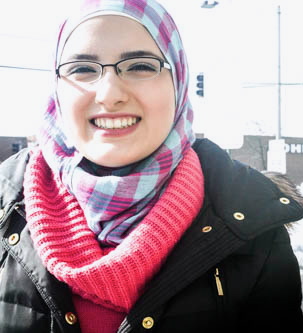
'Syria's regime is not only buying oil from Isil, but helping to operate the terrorist movement's oil and gas facilities.'
There are also reports coming out that Assad and ISIS have co-operated to cut off the water and electricity from rebel-held parts of Aleppo.
'In public, the two belligerents claim to be sworn enemies. Isil has vowed to topple Mr Assad and transform Syria into an Islamic "Caliphate". But the rise of the jihadist movement has served Mr Assad's interests by allowing him to pose as an essential bulwark against Islamist terrorism.
Isil fighters captured the oilfields of eastern Syria in 2013. Since then, the regime is believed to have funded the jihadists by purchasing oil from Isil. But those links are understood to extend further than was previously thought. Instead of merely being a customer for Isil's oil, the regime is understood to be running some oil and gas installations jointly with the terrorist movement.
Mr Haswani's company, HESCO, operates a gas plant in Tabqa, a town in central Syria which was captured by Isil last August. Officials believe this installation is being run jointly by Isil and personnel from the regime. The gas facility continues to supply areas of Syria controlled by Mr Assad. Other oil and gas fields in Isil's hands are thought to be operated by personnel who remain on the payroll of the regime's oil ministry. The oil is then sold to Mr Assad, who distributes it in areas he controls at relatively low prices, helping him to win the loyalty of local people.
Sometimes, the regime has paid for the oil by supplying Isil-held towns with electricity.'













